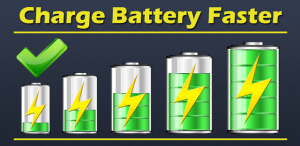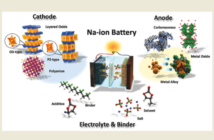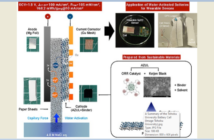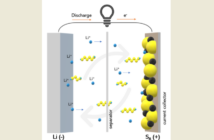Scientists from Nanyang Technological University (NTU) in Singapore have developed a new battery that can be recharged up to 70% in just 2 minutes. As if this wasn’t enough the battery will also have a lifespan of over 20 years.
Expected to be a valuable discovery in battery technology, this breakthrough has a wide-ranging impact on several different industries, especially electric vehicles which are currently inhibited by the long recharge times of over 4 hours and the limited lifespan of the batteries themselves.
This new generation of lithium-ion batteries will make it possible to charge electric vehicles 20 times faster than the current technology. The new battery will be able to endure more than 10,000 charging cycles. Much more than the current 500 cycles of today’s batteries.
Scientists replaced the traditional graphite used for the anode (negative pole) in lithium-ion batteries with a new gel material made from titanium dioxide, an abundant, inexpensive and safe material found in soil. It is also commonly used as a food additive or in sunscreen lotions to absorb harmful ultraviolet rays.
Naturally found in a spherical shape, NTU Singapore scientists developed a simple method to turn titanium dioxide particles into tiny nanotubes that are a thousand times thinner than the diameter of a human hair.
NTU professor Rachid Yazami, who was the co-inventor of the lithium-graphite anode 34 years ago, which is used in most lithium-ion batteries today, said professor Chen’s invention is the next big leap in battery technology.
“While the cost of lithium-ion batteries has been significantly reduced, and its performance improved since Sony commercialised it in 1991, the market is fast expanding towards new applications in electric mobility and energy storage,” said Professor Yazami.
“There is still room for improvement, and one such key area is the power density, how much power can be stored in a certain amount of space, which directly relates to the fast charge ability. Ideally, the charge time for batteries in electric vehicles should be less than 15 minutes, which Professor Chen’s nanostructured anode has proven to do,” Yazami went on to say.
Related Articles:
The Global Battery Market – an Industry Report Review
Equalizing Charge for Preventive Maintenance of Lead Acid Battery
Float Voltage in Battery Chargers
Thin-film Rechargeable Lithium-ion Battery
Why We Should Use Power Factor Correction in Battery Chargers




